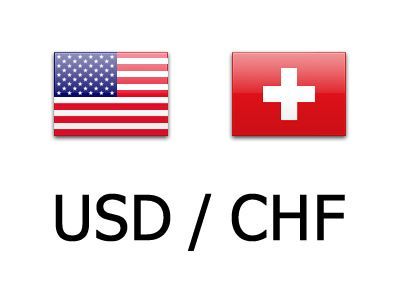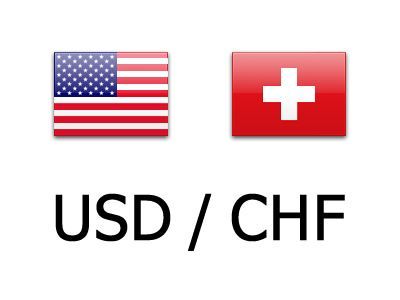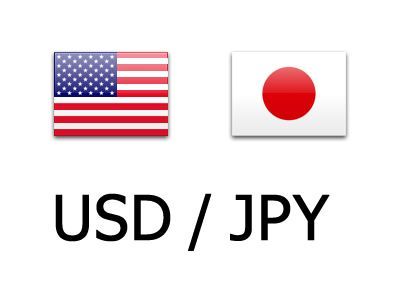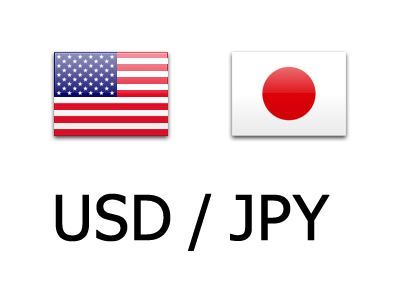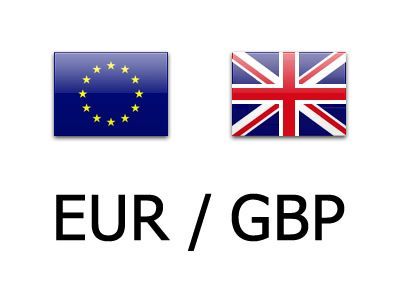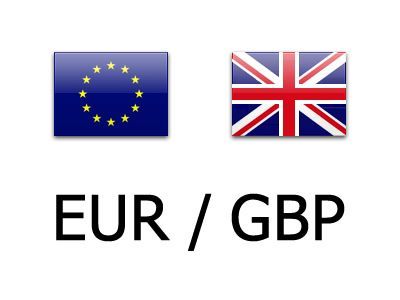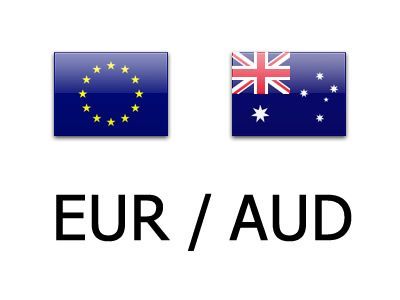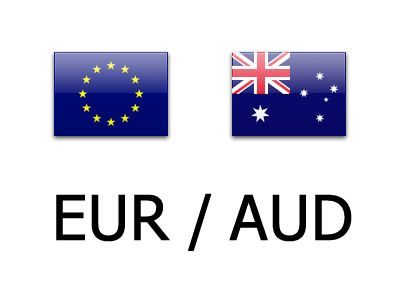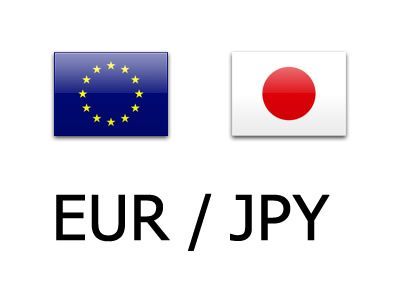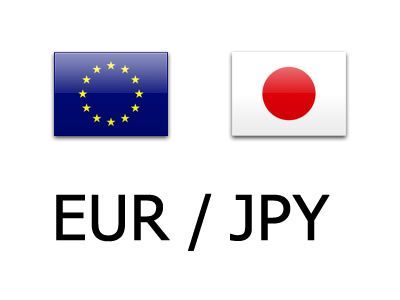Could a blackout on the Iberian Peninsula trigger a recession in Europe?
When an extraordinary event occurs, the first thing on
investors’ minds is how it will affect the markets and, more importantly, how
to avoid losses and profit from the situation. The widespread blackout that
Spain and Portugal witnessed across the countries on Monday is one such event.
The exact cause of the power grid collapse remains unclear.
Some suggest it was due to a “rare atmospheric phenomenon” over Spain. Others
speculate that it was the result of a cyber-attack. And some believe it was
neither. The actual cause will likely be revealed through a formal
investigation.
In the meantime, economists are trying to calculate the
potential damage caused by the hours-long blackouts that disrupted both power
supply and Internet access. According to The Objective, losses from the
blackout in Spain have already exceeded €1 billion. While painful, it is not
catastrophic.
More importantly, a temporary disruption of one country’s
economy—even for several hours—is unlikely to trigger a crisis in the entire
European Union. However, other factors could pose a greater threat to EU GDP.
One such factor could be the tariff
war initiated by Donald Trump in April.
The first warning signs are already appearing: preliminary
PMI indices for April, published last week, indicated a worsening of business
conditions in Germany and France. Adding to the concern, the Eurozone’s overall
business confidence index fell in April to 93.6 from 95.0 (forecasts had
expected a milder decline to 94.5).
Industrial confidence also continued to fall, standing at
-11.2 versus -10.7 the previous month (forecasts were for -10.1). The services
sector also saw a sharper contraction to 1.4 from 2.2 (and 5.0 earlier),
despite forecasts for a rebound. To make matters worse, a stronger euro could
put additional pressure on the economy.
A higher
EUR/USD would make European products more expensive on world
markets and could reduce export sales. Large European companies that earn
revenues in dollars would see their revenues eroded by converting to euros.
Finally, a stronger currency also makes Europe more expensive for foreign
tourists.
And now for the bad news: Deutsche Bank predicts that the
EUR/USD exchange rate could reach 1.30 by the end of the decade. Still, the IMF
remains cautiously optimistic. Although it recently downgraded its forecast for
eurozone growth this year from 1% to 0.8%, it still expects growth to pick up
to 1.2% by 2026.
This article was written by FL Contributors at www.forexlive.com.
Could a blackout on the Iberian Peninsula trigger a recession in Europe? Read More »

